Diplomats sceptical of IAEA's OK to Iranian reactor help request
 The UN atomic agency was moving at a meeting that opened on Monday to heed US and European calls to put off helping Iran build a nuclear reactor that could provide plutonium for nuclear weapons.
The UN atomic agency was moving at a meeting that opened on Monday to heed US and European calls to put off helping Iran build a nuclear reactor that could provide plutonium for nuclear weapons.
The leadership of the International Atomic Energy Agency (IAEA) had "no intention of co-operating (on the Arak reactor) while Iran is out of compliance with United Nations Security Council resolutions", a Western diplomat told AFP.
The diplomat was referring to resolutions which threaten sanctions to get Tehran to rein in its nuclear program.
The IAEA's 35-nation board of governors briefly met Monday but then adjourned for back-door negotiations in order to seek a consensus.
France was pushing for guarantees that the heavy-water reactor under construction at Arak, 200 kilometres (120 miles) south of Tehran, would not be a proliferation risk.
Non-aligned states were anxious to protect the principle of the transfer of peaceful nuclear technology to developing countries.
Diplomats said the compromise being hammered out was to defer a decision on aiding Iran rather than outright rejecting such technical co-operation.
A senior European diplomat told AFP the key was that "aid to Arak will not go ahead."
"This is not a project we feel should be in any way helped or aided," the diplomat said.
Iran is asking the IAEA's 35-nation board of governors meeting in Vienna for technical help in guaranteeing safety at Arak.
But given "the widespread mistrust of Iran's nuclear program and the risk of plutonium being diverted for use in weapons, the United States and other board members cannot agree to have the IAEA assist the project at Arak," US ambassador to the agency Gregory Schulte said last week.
The IAEA had in February asked Iran to "reconsider" building the Arak reactor.
This was re-stated in a UN Security Council resolution in July, which also called on Iran to suspend making enriched uranium, which like plutonium can be fuel in civilian reactors but used in highly enriched form to make atom bombs.
The Council is now working on a resolution to impose sanctions on Iran, as Tehran has refused to suspend uranium enrichment.
Schulte said the Arak reactor "could produce enough plutonium for one or more nuclear weapons a year."
Iran says it is building the 40-megawatt, heavy-water reactor, which is expected to be ready by 2009, to produce medical isotopes and to replace a smaller, ageing, five-megawatt light-water reactor in Tehran which came online in 1967.
The United States and five other world powers have offered to give Iran a light-water reactor, which would use low-enriched uranium as fuel, as an alternative.
Meanwhile, in what is an unprecedentedly bitter debate at the IAEA over technical co-operation, which includes mainly uncontroversial health and agriculture projects, US ally France is pushing for even harsher restrictions on aid to Tehran.
The French want guarantees "that technical co-operation programs are not going to directly benefit the fuel cyle and Arak," a Western diplomat told AFP.
IAEA deputy director general for technical co-operation Ana Maria Cetto told the board that the eight aid projects Iran seeks, including Arak, waste disposal, cancer therapy and human resource development, "are in conformity with the relevant Security Council resolution and that specifically these projects do not contribute to enrichment-related or reprocessing activities in Iran."
The IAEA has not yet ruled on whether Iran is hiding work on developing nuclear weapons, as Washington claims, or carrying out what Tehran says is a peaceful effort to generate electricity.
Iran's IAEA ambassador Ali Asghar Soltanieh told reporters the aid project would increase IAEA oversight at Arak and so "is in fact a big step for maximum transparency."
A rebuff on aid would leave Iran "very disappointed" but "this does not mean we will stop the project of Arak."
The IAEA board will from Monday to Wednesday finalise its proposals for technical co-operation, with 832 projects under consideration, and then decide on them in a session on Thursday and Friday.

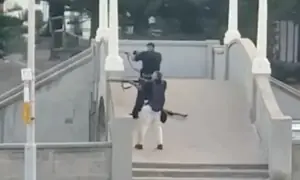
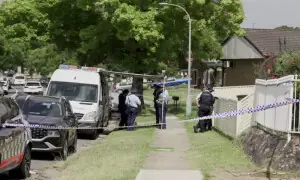
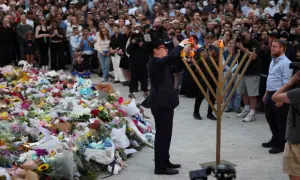
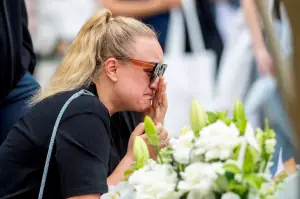
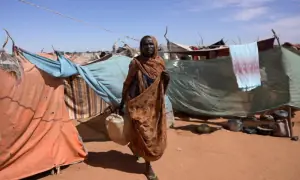


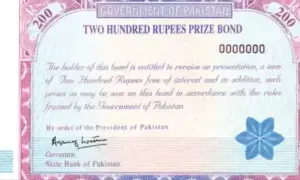
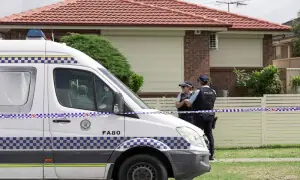
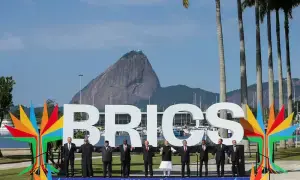
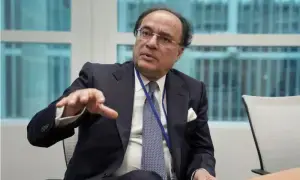
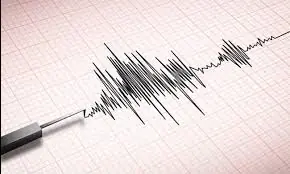

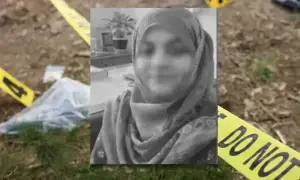
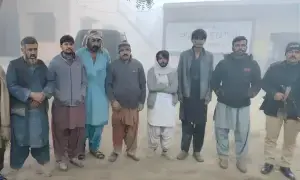

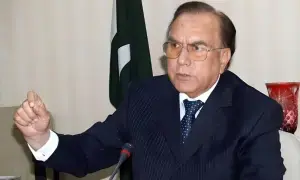
Comments are closed on this story.